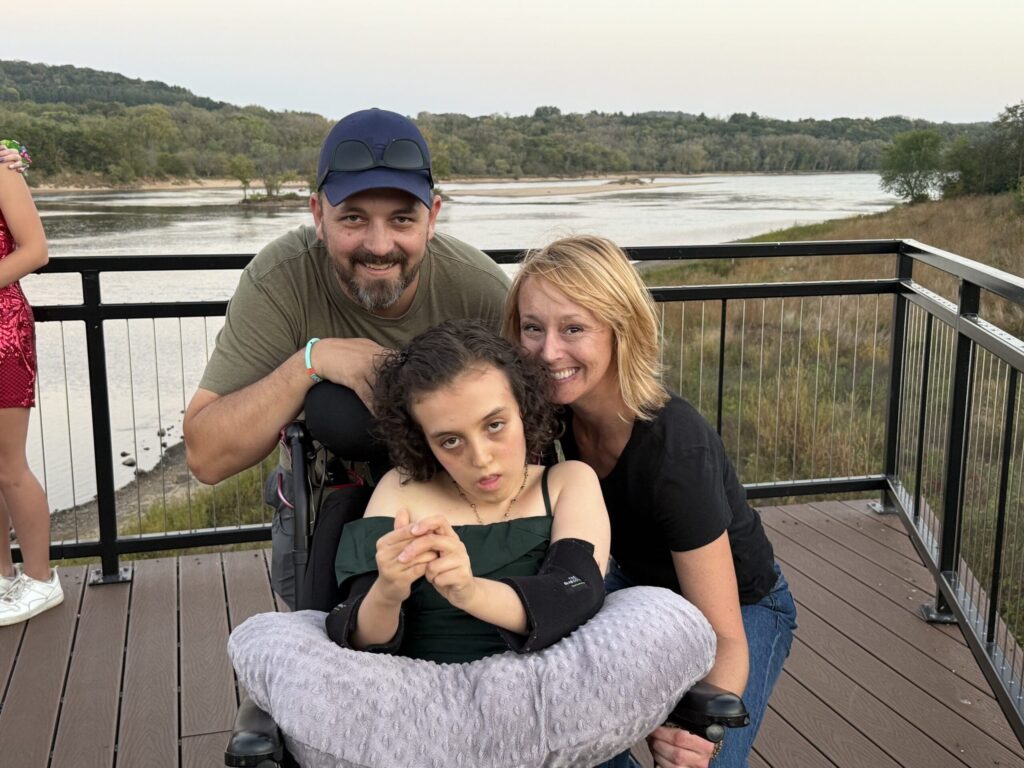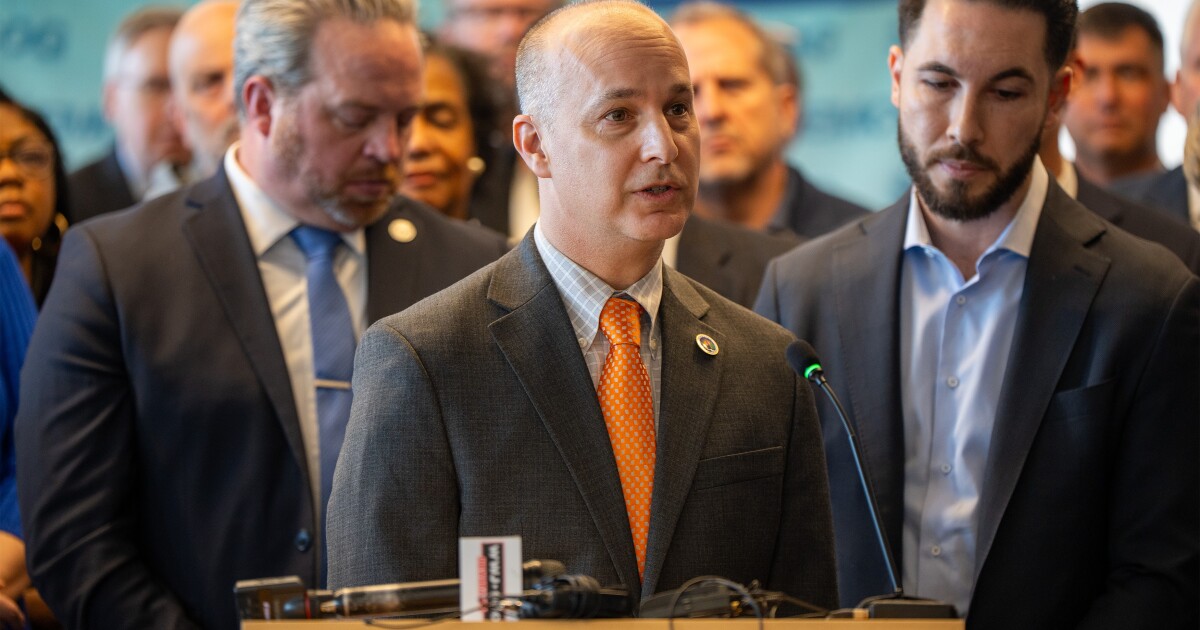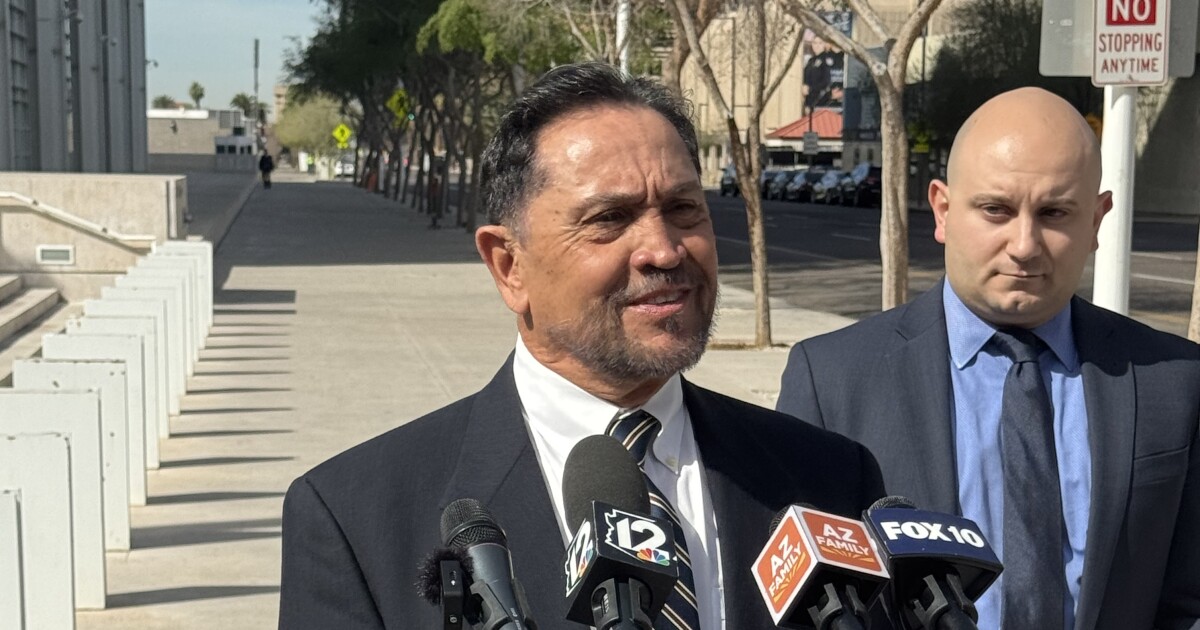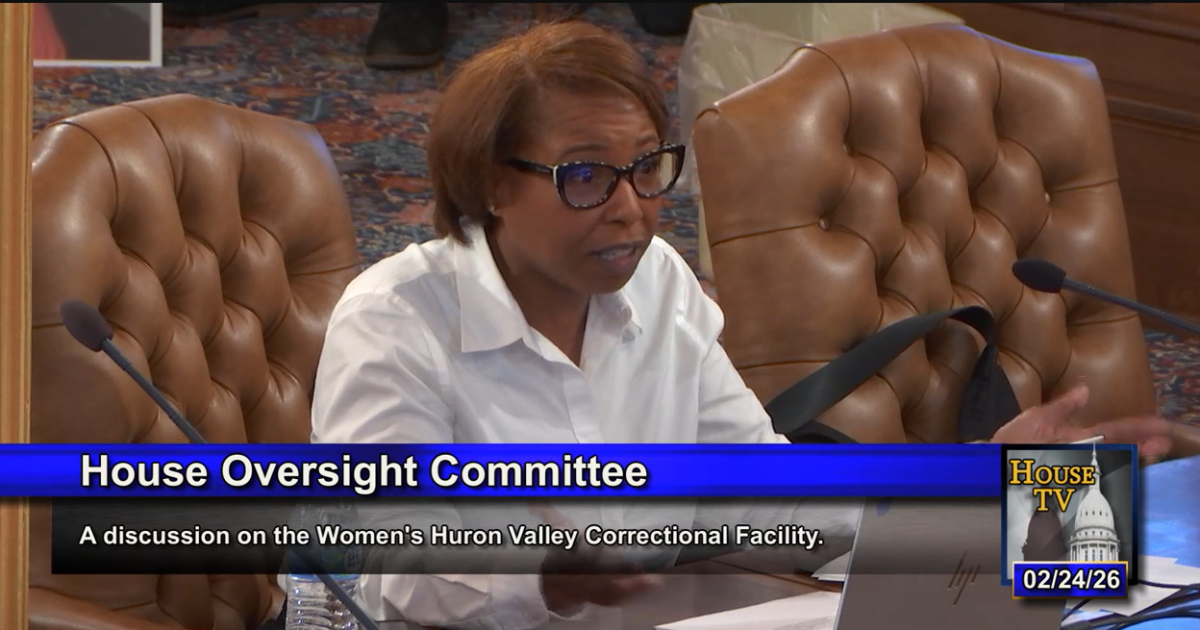Article Summary –
Megan Lowe highlights the critical role Medicaid plays in covering medical expenses for her daughter Norah, who suffers from Rett syndrome, as employer-provided insurance is insufficient for her needs. The One Big Beautiful Bill Act, signed by President Donald Trump, introduces significant cuts to Medicaid, risking the coverage of 80 million low-income Americans, and would potentially lead families like the Lowes to financial hardship. Concerns about losing Medicaid extend to accessibility to necessary contraception for women with disabilities, potential hospital closures, and the expiration of expanded tax credits for Affordable Care Act policies, which could drastically increase insurance premiums.
Megan Lowe says without Medicaid, she and her husband, Josh, would likely incur debt for their daughter Norah’s care.
In July, President Trump signed the One Big Beautiful Bill Act, introducing Medicaid cuts amounting to $1 trillion in federal funding from 2025 to 2034. These cuts risk depriving around 80 million low-income Americans, including children and the disabled, of health insurance.
Seventeen-year-old Norah suffers from Rett syndrome, a genetic disorder impacting brain development, leading to loss of muscle control, speech, and mobility, and often causing seizures. Most with Rett syndrome develop intellectual disabilities, and there is no cure.
Lowe’s family is grateful for her husband’s employer insurance, though it doesn’t cover all of Norah’s needs. Medicaid fills the gap.
Medicaid covers Norah’s monthly $1,700 feeding supplies, $400 diapers, her wheelchair, communication device, and respite care. It also funds her in-home and school therapies.
“Without respite, making ends meet would be tough. Her care is costly. I can’t imagine managing even with employer health care,” shared Lowe, a long-standing Wisconsin farming family member.

Lowe fears losing Medicaid coverage would impact her daughter’s access to contraception. “What will women with disabilities do?” she wonders.
A 2016 DOJ study highlights that serious violent crime rates are over triple for those with disabilities compared to those without. The Guttmacher Institute reports that 10 states ban abortion even in rape or incest cases.
Lowe worries local hospitals might lose Medicaid funding. “We’re near Madison, but it’s an hour away,” she said. “Our three closer rural hospitals might close. It’s frightening.”
Lowe’s Rett syndrome community is bracing for change. “Families are stockpiling syringes, feed bags, and diapers. We don’t know when we’ll lose support,” Lowe shared.
Lowe, a breast cancer survivor, cited rising premiums for Affordable Care Act (ACA) policies, mentioning a friend with Stage 4 breast cancer facing a $1,500 monthly premium and $20,000 deductible. “Her coverage only pays 50% beyond the deductible, barely catastrophic coverage, and she’s uncertain about her options.”
Expanded ACA tax credits, expiring in 2025 without congressional action, could lead to premium costs doubling or tripling in 2026 if not extended.
—
Read More Wisconsin News










